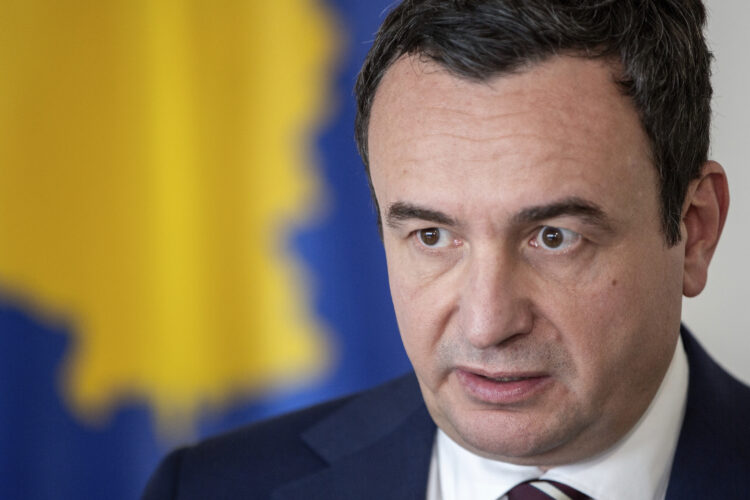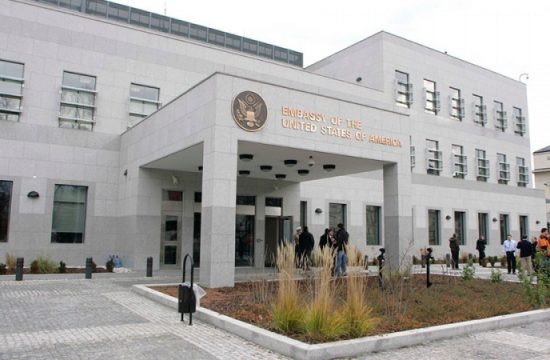
The Kosovo government will not interfere in the decision of the Central Bank of Kosovo (CBK) to abolish the Serbian dinar in payment transactions, that decision will not be annulled, and time will be given to adjust to it, Prime Minister Albin Kurti said on Tuesday.
Kurti thus indirectly accepted suggestions by the international community to give ethnic Serbs time to adjust to the CBK's decision.
Under the decision, which went into force on 1 February, payments in Kosovo are allowed only in euros. This has increased the concerns of the local Serb community because they receive Serbian wages and pensions in dinars, which they use for buying and selling.
The international community earlier requested that Kosovo delay enforcing the decision due to concerns that it could have a negative effect on Kosovo Serbs.
I cannot annul that decision, but there will be no punitive measures, we do not want to punish anyone, Kurti told Bloomberg, announcing that Serbs in Kosovo would be given time to adjust to the decision.
We are working on more comprehensive information to be made public in the coming days, Kurti said.
Meanwhile, the UN Security Council held an extraordinary session at Serbia's request to discuss the CBK decision, with Serbian President Aleksandar Vucic warning that it could cause irreparable damage.
He said that Serbia pays from its budget 60,946 wages and pensions in Kosovo, as well as 2,430 scholarships and that it finances soup kitchens for about 2,000 socially disadvantaged citizens, adding that it was evident that the ban on dinar transactions and the abolition of the Serbian dinar as a means of payment deprived a large number of people of means of subsistence.
The Serbian president called on the international community to take urgent and resolute steps to stop the expulsion of Kosovo Serbs and create conditions for the continuation of a normal dialogue between Belgrade and Priština.
A shipment of dinars which Belgrade sent to Kosovo via a licenced UK company was in the meantime sent back from a border crossing, triggering protests in Kosovo's north and messages that the livelihoods of tens of thousands of ethnic Serbs was at risk.
A special US envoy for the Western Balkans, Gabriel Escobar, told Tanjug news agency today that Washington had been completely clear that there could be no unilateral moves in Kosovo and that they could have consequences.
In a comment on the CBK's decision, Escobar said that communication on issues like that should happen within time frames that do not affect the local population.




Kakvo je tvoje mišljenje o ovome?
Budi prvi koji će ostaviti komentar!